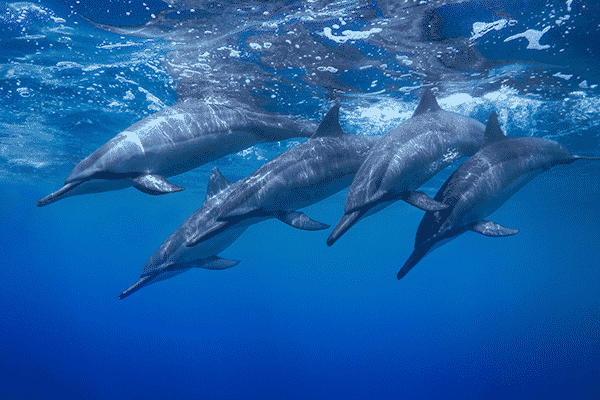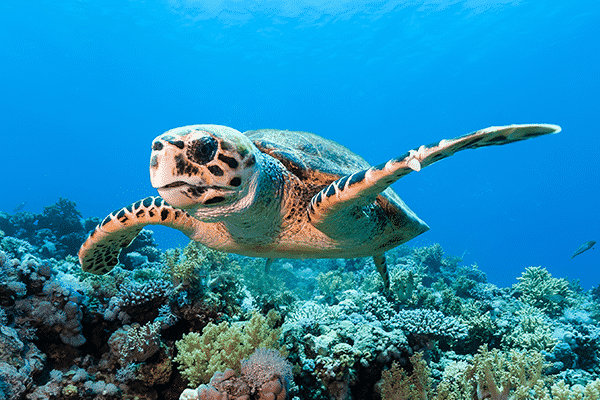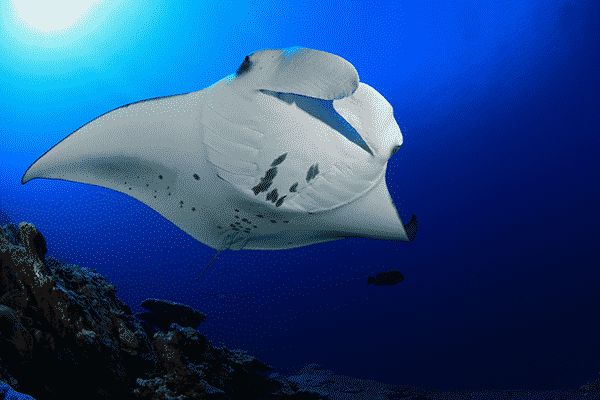Hawaiian culture is a unique blend of Polynesian, Asian, and American influences. It is distinguished by its strong sense of community, its connection to the land and sea, and its rich artistic traditions.
Sense of community
Hawaiians value their relationships with others, both within their families and within their communities. This is reflected in the concept of ohana, which extends beyond blood relatives to include friends, neighbors, and anyone else who is considered to be part of the family. Ohana members support each other through thick and thin, and they work together to create a strong and vibrant community.
Connection to the land and sea
Hawaiians have a deep respect for the land and sea, which they believe are sacred. This is reflected in their traditional practices, such as land stewardship and sustainable fishing. Hawaiians also believe that the land and sea are connected to their ancestors, and they honor this connection through their cultural traditions.
Rich artistic traditions
Hawaiian culture is rich in artistic traditions, including music, dance, and storytelling. Hula is a particularly important art form, as it is a way to express Hawaiian culture and values. Hawaiian music is also distinctive, with its use of traditional instruments and its focus on storytelling.
Other differences
In addition to these core values, Hawaiian culture also differs from mainland culture in other ways, such as:
- Language: Hawaiian is one of the two official languages of Hawaii, and it is still spoken by many people. Pidgin, a Hawaiian Creole English, is also widely spoken.
- Food: Hawaiian cuisine is a fusion of Polynesian, Asian, and American influences. Popular dishes include poke, kalua pork, and plate lunches.
- Pace of life: Hawaiians tend to have a more relaxed pace of life than people on the mainland. This is reflected in their values, such as the importance of family and community, and their connection to the land and sea.















